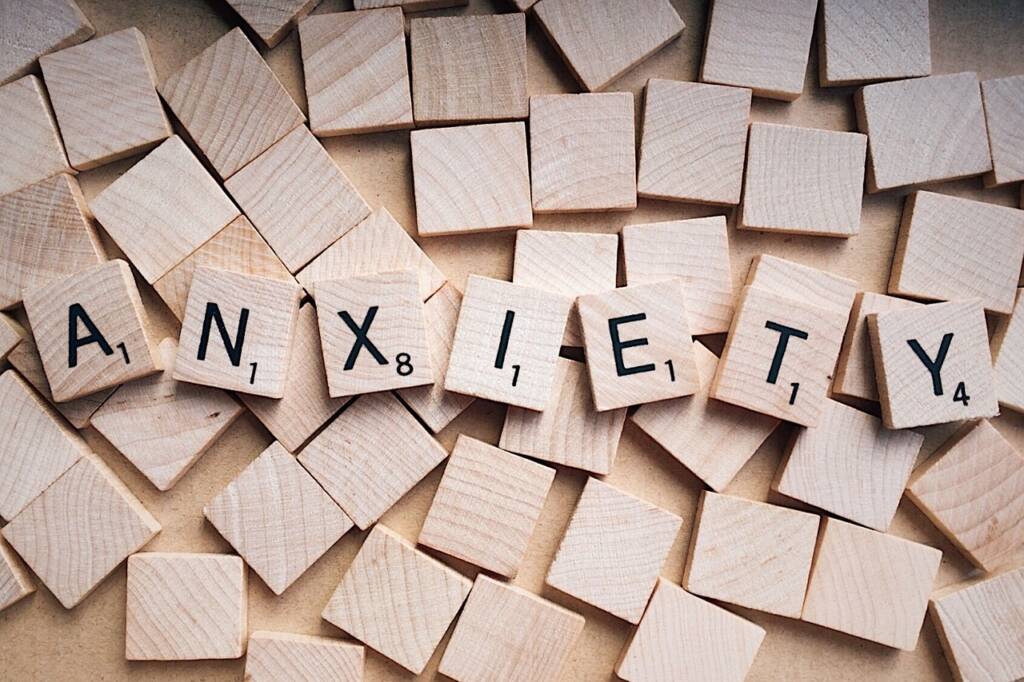Stress and its effects on health:
Let us first understand what stress is and how it affects our health. Everyone’s life has ups and downs. Stress is also a part of it. Normally everyone has tension, but all have different handling capacity and techniques to remove the stress from one’s life. In Over stressed situation, our body gets inflamed. To know more on Inflammation, read this article, https://sparklinglifestyle.in/inflammation/
Let’s look at some of causes of stress:
If we don’t get what we expect in our life, tension comes because both body and our brain don’t like changes. If there is a challenging situation and we can’t complete the task, we feel stressed. Anxiety is common if there is work pressure in jobs like corporate or academics, etc. If there is financial responsibility and issues which come all of a sudden, we may feel stressed out. If there are any problems in social life, love life or married life, it leads to stress.

Types of Stress:
Basically, there are 2 types. One is temporary and the other is chronic or long-term stress. Many people can handle very smoothly and come out of it after a few moments or a few days. This is termed as temporary anxiety. But some people cannot handle tension, and they become emotionally depressed, which often leads to clinical(chronic) depression.
Physiology of stress:
We as humans have a master controller termed the Nervous system. There are two parts:
- CNS– Central Nervous System which includes brain and spinal cord
- PNS– Peripheral Nervous System which is made up of nerves and nerve cells.
PNS has one major component called Autonomic Nervous System (ANS) which regulates our physiological process like respiration, blood pressure, heart- pulse rate, digestion and sexual drive also.
3 subdivisions of ANS:
- SNS– Sympathetic Nervous System which represents fight and flight.
- PSNS– Parasympathetic Nervous System which represents calm and rest.
- ENS– Enteric Nervous System which is the brain of the digestive system also called second brain.
Within our brain, the Hypothalamus regulates Autonomic Nervous System. The “fight or flight” response follows a specific and unique path. When the brain perceives a dangerous situation, one of our sensory systems signals to the hypothalamus for alert and immediate response through a pituitary gland that produces 2 chemicals and hormones named “Adrenaline” and “Cortisol”.
In addition, when we feel anxiousness, nervousness and our body is getting ready for a particular event, then an “adrenaline rush” can happen. When adrenaline is elevated in our body, heart rate and pulse rate increase and blood pressure shoot up. Cortisol is the primary stress hormone. It is the director of the inner world. Normal level of cortisol is released when we wake up in the morning. These normal levels can help us in regulating blood sugar level, blood pressure, and boost the immune system.
According to our circadian rhythm (body’s inner clock), from 7.30 am to 10.30 am in the morning, cortisol releases and produces the highest alertness to our brain. As the day progresses cortisol level decreases. But, if too much cortisol, it is harmful for our body. If we are high on anxiety, then the body might release cortisol continuously. Too much cortisol increases glucose level in the bloodstream and enhances our brain’s use of glucose from our liver for fast and instant energy. Due to chronic stress, our body releases cortisol after flight or fight hormones(adrenaline) which can raise blood pressure by constricting our blood vessels.
Anxiety or tension effects on physical health and mental health:
Too much tension can increase risk of heart disease, high blood pressure and stroke, reduce ability to fight off infections. too much tension can lead to increased risk of irritable bowel syndrome (IBS), acid reflux and stomach ulcers. Too much stress also can lead to insomnia, sleep deprivation and fatigue. Too much anxiety and depression are responsible for increased risk of developing anxiety disorders and depression, irritability, mood swings and emotional instability, emotional exhaustion and reduce decreased focus, memory and decision-making ability. Too much tension, anxiety and depression are also responsible for acne, eczema, psoriasis, alopecia areata, erectile dysfunction, irregular periods and fertility problems.
How to manage tension or Anxiety:
Exercise regularly, practice relaxation techniques such as meditation, deep breathing, yoga, Pilates, barefoot walking, seek social support, get enough sleep, take breaks and prioritize self-care. Seek professional help like visit psychologist or psychiatrist by therapy and counselling.
Conclusion:
Remember, everyone experiences stress differently, and it’s essential to address root cause of stress to maintain overall well-being. Hope this article has helped you understand the basics of “Stress and its effects on health”. Do stay tuned for more details on the same topic where I am going to cover the negative impact of stress on our health and share your thoughts in the comment section. If you find this post helpful do share it with others. For more such important and useful information, keep visiting our website and follow us on social media for getting regular updates.



2 Replies to “Stress and its effects on Health”
Negative Impact of Stress on the Body - Sparkling Life style 08 Aug, 2024
[…] range of negative impact of stress on the body. I hope that you have gone through the article on stress and how it affects our health. Let us now discuss the negative impact of stress on our body. Here is common […]
Stress Reduction: Foods and Lifestyle - Sparkling Life style 08 Aug, 2024
[…] readers, I hope that you have gone through the previous articles on stress and how it affects our health. Let us now discuss tips of stress […]